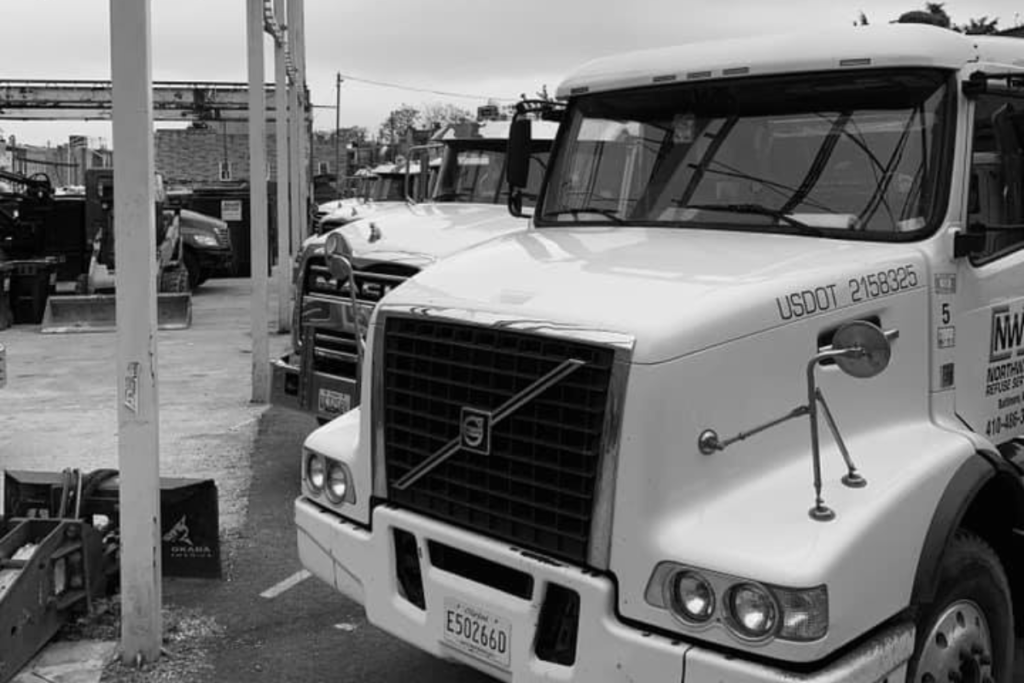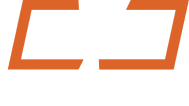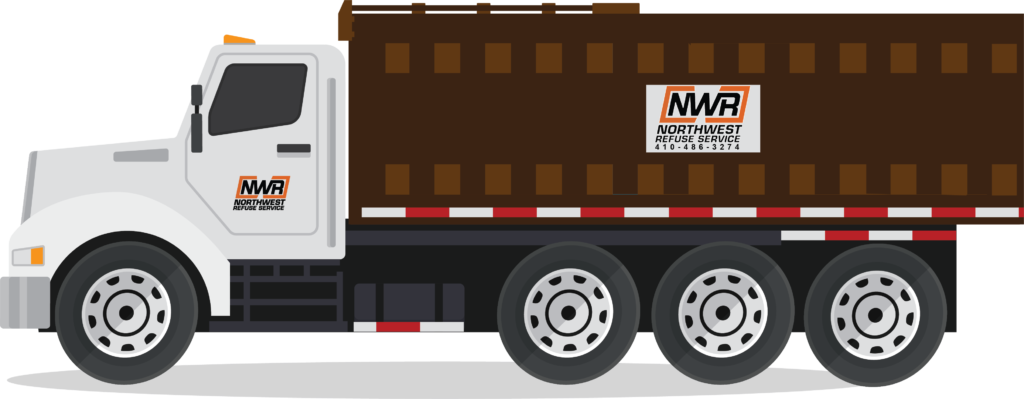
When planning a home renovation, cleanup, or landscaping project, understanding the costs involved in renting a dumpster can be helpful. Dumpster rental prices are influenced by factors such as size, location, rental duration, and type of waste, which vary by project. Here’s a comprehensive look at the main factors that impact dumpster rental costs and tips to help you budget effectively.
1. Key Factors Affecting Dumpster Rental Prices
Several variables contribute to the price of renting a dumpster:
- Location: Costs vary based on regional disposal fees, local demand, and competition among service providers. Prices in urban areas or locations with limited service options may be higher.
- Dumpster Size: Dumpsters come in various sizes, generally ranging from 10 to 40 cubic yards. Larger dumpsters cost more, so selecting the right size for your needs is essential to avoid overpaying.
- Rental Period: Rental companies typically offer daily, weekly, or monthly rental options. The longer you keep the dumpster, the higher the cost.
- Type of Waste: Some waste types—such as hazardous materials, electronics, or heavy debris like concrete—require special handling and disposal, which can increase costs.
- Weight Limits: Many companies set a weight limit for each dumpster size, with extra charges if you exceed it. Overloading the dumpster with heavy items can lead to overage fees.
- Additional Fees: Some companies charge extra for services like delivery, pickup, and fuel surcharges, so make sure to confirm any potential additional fees.
2. Choosing the Right Dumpster Size for Your Project
The size of the dumpster directly impacts rental prices, so it’s important to estimate your needs accurately:
- Small Projects: Home cleanouts, minor renovations, or yard work may only require a small 10-yard dumpster.
- Medium Projects: Larger home improvement projects often use a 20-yard dumpster.
- Large Projects: Demolitions or construction projects might require 30- or 40-yard dumpsters.
To avoid extra costs, choose a dumpster size based on the project’s scope. Renting a smaller dumpster and overfilling it could lead to overage fees or the need for additional dumpsters, while a dumpster that’s too large could lead to unnecessary expenses.
3. Understanding Rental Period Options
The length of time you need the dumpster impacts the price. Most companies offer flexible rental periods:
- Short-Term Rentals: Renting by the day or week can be economical for smaller, quick projects.
- Extended Rentals: Larger projects may need month-long rentals. Confirm potential fees if you need to extend the rental period.
If you’re unsure how long your project will take, it’s best to discuss rental extension options upfront to avoid any surprise costs if you need the dumpster longer than expected.
4. The Impact of Waste Type on Cost
Certain waste types can increase the cost due to additional handling and disposal regulations:
- Household and Yard Waste: Generally accepted in standard rentals at a base rate.
- Heavy Debris: Materials like concrete, asphalt, and bricks often require specialized, heavier-duty dumpsters, which can be more expensive.
- Hazardous Waste: Items like chemicals, batteries, or certain electronics aren’t typically allowed in regular dumpsters and may require specialized disposal services.
Discuss your waste type with the rental company, as some may offer specialty dumpsters for heavy or mixed loads to help you save on fees.
5. Additional Fees to Watch Out For
Dumpster rental quotes often include delivery and pickup, but additional fees may apply, depending on your situation:
- Overage Fees: Overloading a dumpster by weight or volume can lead to overage charges.
- Permit Fees: If you plan to place the dumpster on public property, check with your city regarding any required permits, which may add to your expenses.
- Fuel Surcharges: Fuel costs can vary, and some companies add a surcharge for delivery to certain areas.
These costs can add up, so clarify any potential extra fees in your initial conversation with the provider to avoid unexpected expenses.
6. Tips for Managing Dumpster Rental Costs
Here are some practical ways to help manage your dumpster rental budget effectively:
- Compare Multiple Quotes: Reach out to several providers in your area to compare prices and services.
- Look for Promotions: Some companies offer first-time discounts, seasonal deals, or price-matching.
- Plan Your Rental Period Carefully: Estimate the duration you’ll need the dumpster, and avoid overpaying for extra days if possible.
- Choose the Right Size: Accurately estimating your waste needs can prevent you from overpaying for a larger dumpster than necessary or needing multiple dumpsters.
- Avoid Overloading: Overloading by weight or volume can result in hefty overage fees, so ensure you stay within the limits.
What Is a Fair Price for Dumpster Rentals?
While prices can vary widely, a fair price will depend on your project size, location, rental duration, and waste type. By evaluating the factors above and asking questions when getting quotes, you can find a dumpster rental provider that offers the best balance of service, cost, and convenience for your project.
Dumpster rental costs depend on factors like size, rental duration, waste type, and additional fees. By researching options, selecting the appropriate dumpster size, and being mindful of additional charges, you can find a solution that meets your needs and budget.


